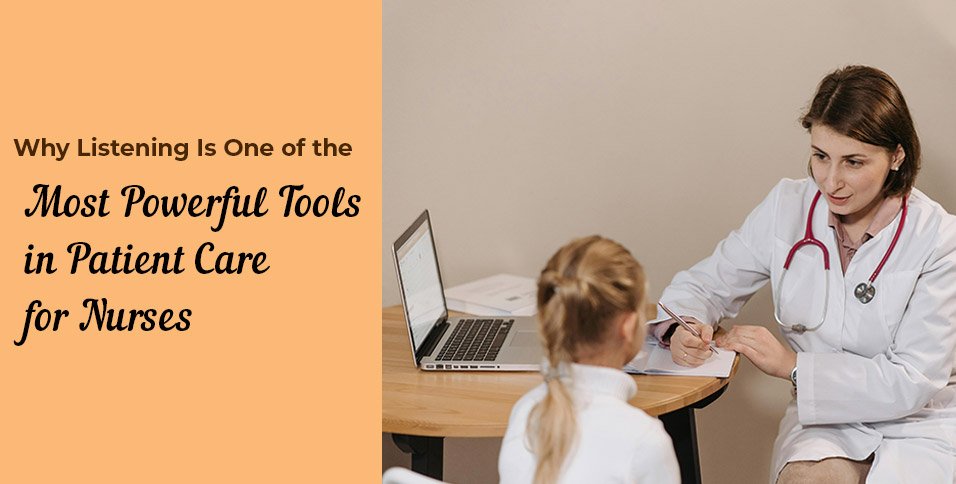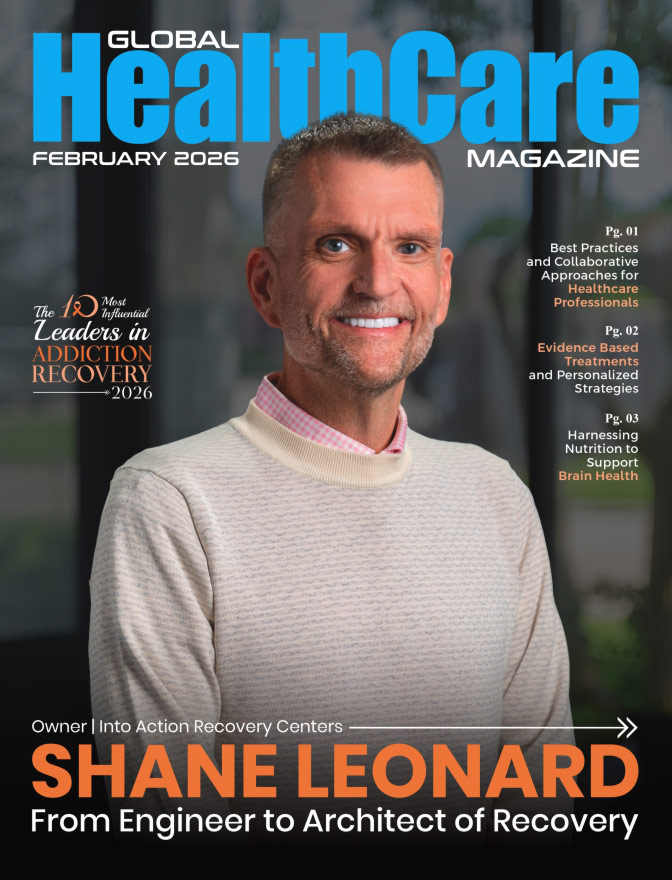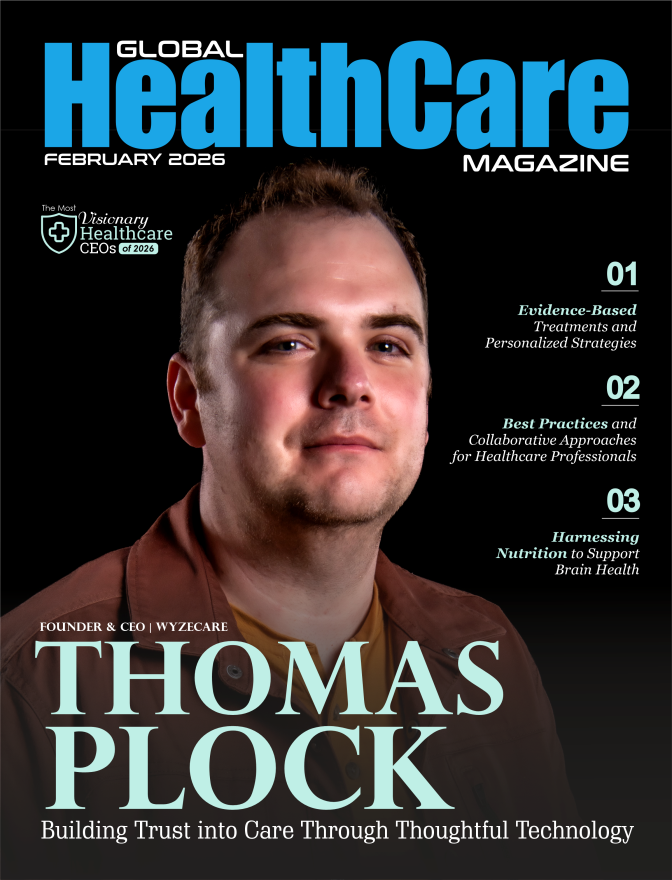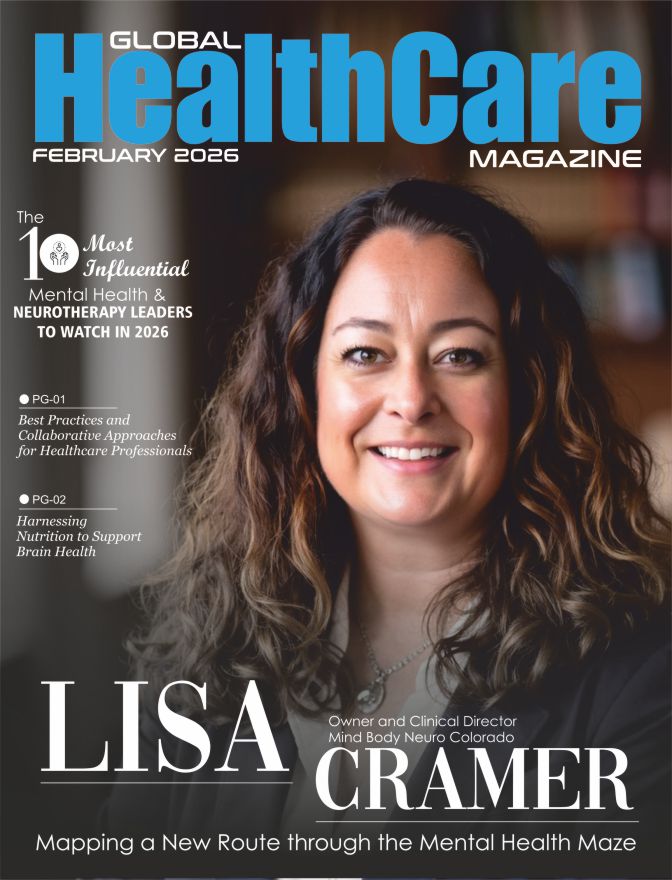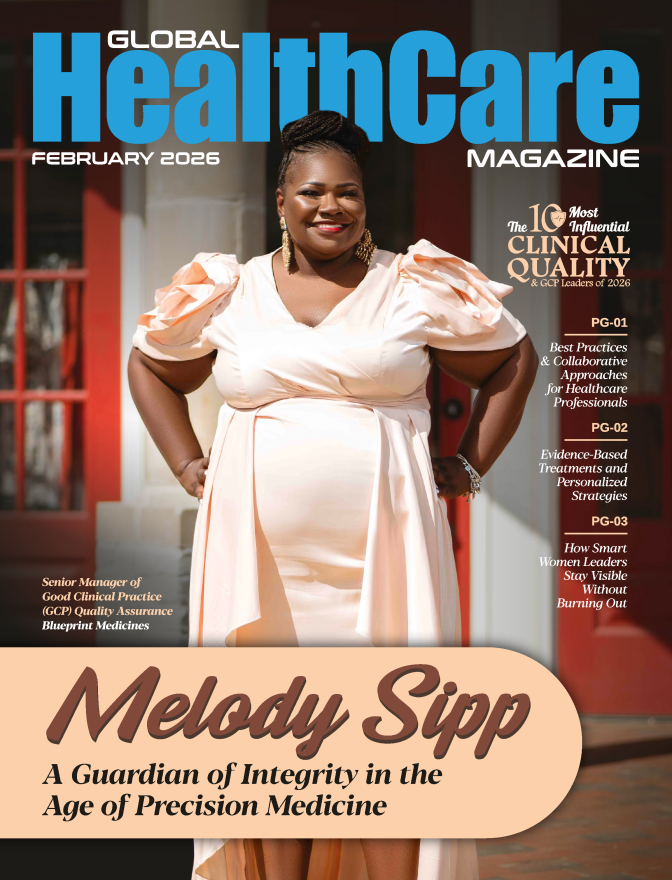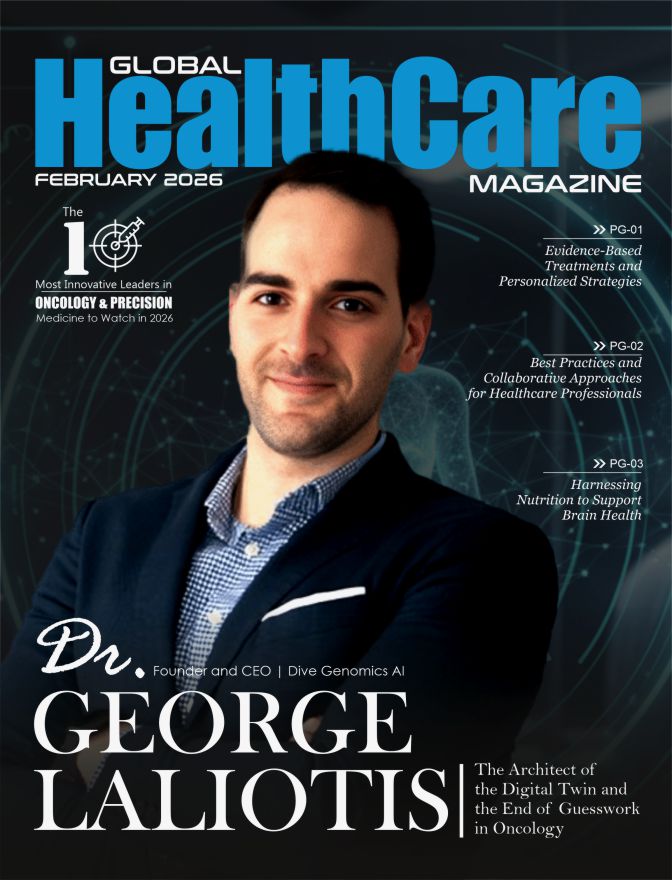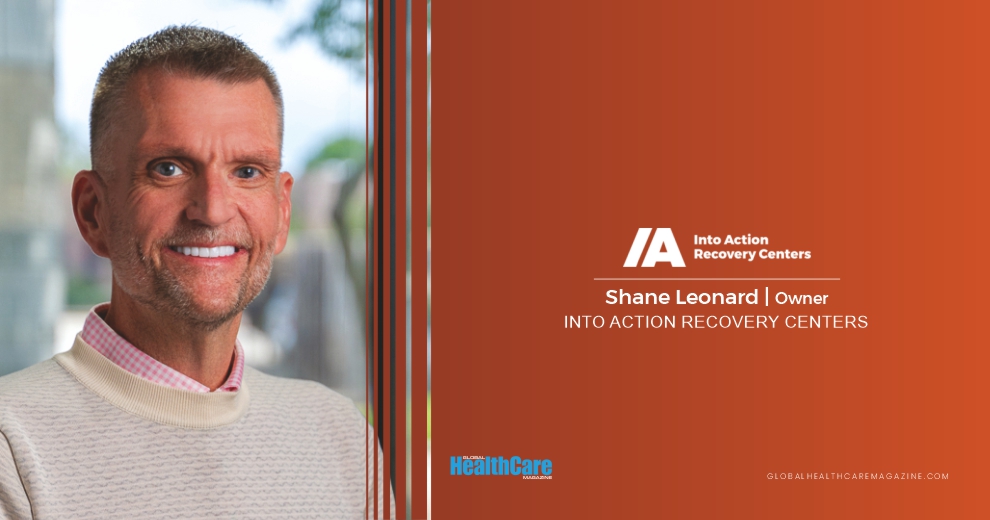When people think of great nurses, they usually imagine someone who can handle a fast IV stick, stay calm in an emergency, or juggle meds without missing a beat. And those skills are essential. But here’s what often gets overlooked: listening.
While clinical skills are front and center in most people’s minds, the quiet act of listening can have just as much impact, sometimes more. In a busy, high-pressure environment, simply taking the time to pay attention and truly hear what a patient is saying can shift everything. It’s not just about collecting symptoms. It’s about making someone feel seen, safe, and understood.
On the surface, listening seems simple. But in practice, it’s one of the most powerful tools nurses have. It builds trust, catches details that might otherwise get missed, and improves both the care experience and the results. That kind of connection doesn’t come from technology—it comes from a real human moment, and patients remember that.
How Nursing Education Teaches the Value of Listening
Strong communication starts in training. While nursing programs put a heavy focus on clinical skills and hands-on learning, they also emphasize the importance of patient interaction. Students are taught to listen closely—not just to gather information, but to understand the full picture.
That includes noticing tone, reading body language, and creating space for patients to speak openly. These habits aren’t just helpful—they’re essential to building trust and catching important details early.
In an ABSN degree program, where the pace is faster than traditional tracks, students are taught to listen with purpose. They learn to stay present, pick up on what patients may hesitate to say, and respond in a way that builds comfort and confidence. The goal isn’t just to collect facts, but to create a connection that helps patients feel safe and heard.
Listening Builds Trust
Patients often arrive in hospitals or clinics feeling vulnerable, anxious, or even scared. They may be dealing with pain, uncertainty, or the emotional weight of a diagnosis. In those moments, a nurse’s ability to listen can be the bridge to reassurance.
When patients feel heard, they’re more likely to open up about their concerns, symptoms, or even fears that they might not mention otherwise. This kind of openness gives nurses the chance to gather more accurate information, which can help the entire care team make better decisions. Trust also encourages patients to follow medical advice more closely, take their medications as prescribed, and come back for follow-up visits, all key factors in better health outcomes.
It Can Catch Problems Early
Sometimes what a patient says, or doesn’t say, can point to a serious problem that needs attention. A subtle change in how someone describes their symptoms might suggest a shift in their condition. A nurse who listens carefully might notice that a patient who used to be talkative is suddenly quiet or withdrawn. That kind of change might signal depression, confusion, or even a bad reaction to medication.
In many cases, nurses are the first to notice when something feels off. They’re at the bedside more than doctors, and they often spend more time with each patient. This means they have more chances to listen, not just once, but over time. That ongoing attention can help spot trends and identify red flags early, before they turn into serious complications.
Listening Makes Care More Personal
Every patient is different. What works for one might not work for another. By listening closely, nurses can learn about a person’s values, culture, routines, or preferences. These insights help shape care that fits the patient, not just the diagnosis.
For example, if a patient explains that they’re nervous about taking a certain medication because of a past reaction, a nurse can help advocate for an alternative. Or if someone mentions they’re worried about missing work to recover, the care team can try to adjust the plan or connect them with resources. These are small changes, but they matter. They show the patient that they’re being treated as a whole person, not just a chart or a case number.
It Improves Team Communication Too
Listening doesn’t only apply to patient interactions. Nurses also need to listen to colleagues, doctors, aides, therapists, and each other. A team that listens well is more likely to catch mistakes, coordinate better, and avoid miscommunication. It also builds respect among staff and creates a more positive working environment, which benefits everyone, including patients.
When a nurse speaks up about a concern or observation, being heard can be just as powerful as hearing someone else. In this way, listening becomes a two-way street that strengthens teamwork and keeps patient care on track.
It’s a Form of Emotional Support
Many patients just need someone to talk to. They might be alone, scared, or overwhelmed. In those moments, a nurse who takes a few minutes to sit down, make eye contact, and listen without interrupting can offer real comfort.
This kind of support doesn’t always show up in the medical chart, but it has a huge impact. Feeling emotionally supported helps reduce stress, and less stress often leads to better physical health. It also helps patients cope better with illness, make informed choices, and feel more in control of their care.
Practical Ways Nurses Can Improve Listening
Listening isn’t just a trait some people have—it’s a skill that anyone can strengthen. Here are a few ways nurses can be more intentional about how they listen:
- Avoid multitasking when a patient is speaking. Put down the chart or keyboard if possible and give them full attention.
- Use open-ended questions to invite longer, more detailed responses.
- Repeat or rephrase key points to make sure you understood correctly.
- Watch for non-verbal cues like facial expressions, posture, or hesitations.
- Stay patient during silence. Sometimes people need a little extra time to gather their thoughts.
- Resist the urge to jump in too quickly with advice or solutions. Let the patient fully express themselves first.
Listening Is a Quiet but Powerful Act
In a profession that deals with life and death, it’s easy to focus on the technical side of care. But listening, quiet, simple, and human, is what often brings it all together. It connects people, builds trust, and improves outcomes. It gives patients a voice when they may feel powerless. And it reminds nurses of what brought them into healthcare in the first place: the chance to care for people, not just treat them.
For nurses, listening isn’t just a soft skill. It’s a core part of what makes great care possible. And in the fast-moving world of modern medicine, that may be more important than ever.
Also Read: How to Become a Travel Nurse: A Step-by-Step Guide

